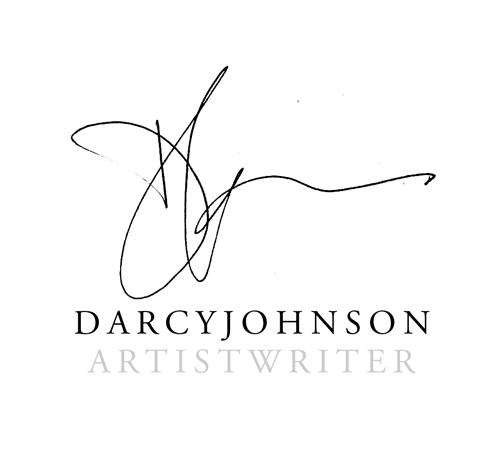SciArt Residency Blog #13, Dec 9, 2018
So I have finished the painting. There is a mixture of loss and relief in finishing an intricate piece like this. The questions begin ... “when to stop?”, the... “what next?” and a burst of new ideas that have to be sorted and culled. The hardest question to feel good about is, “what was that all about”? Do research scientists ever feel that way? Well, maybe when things go wrong, but there is always the sense in scientific research that it is always “worth it”. Worth the effort. That it is meaningful and important for human understanding.
The sciences and their subsequent applications have made human life easier, healthier and more affluent than ever before. Steven Pinker’s Enlightenment Now gives reams of statistical evidence to this. Science has given us modern medicine, communication, travel, education, improved labour, cultural openness, and leisure, for the arts. The list is inexhaustible as science continues to help solve humanity’s problems. Maybe not fast enough to save our planet home from our thoughtless overuse but worth the effort to try. Better than the alternative.
Does art have this same saliency in the modern world? Is art less important than it used to be, before the Enlightenment and the rise of scientific thinking? Do we, or even can we understand what the arts are really for? In this blog series, I have given a number of tries at an explanation. At least, the motivation to do art and the capacity to enjoy the art of others. However, when it comes to my own artwork I am often left mute as to any greater purpose other than to satisfy my own curiosity. This is probably sufficient because it keeps me open, learning and discovering. Many scientists are motivated but just this urge. The desire to know and then, to know more.
So in this way, there is equity between the arts and the sciences but I’m not sure that this value extends beyond the communities engaged in scientific or artistic work. I feel that the arts get lost in the noise of commerce. Does science also suffer from this? Science is institutionalized by universities and funding agencies that make it more efficient, rigorous and protected. More and more, the arts are being unhinged from their original institutions. What is the consequence of this? Does it matter that so many of us are out there drumming without the rest of the band? A modern problem allowed by leisure and to some extent, wealth.
So...only questions? That is what finishing an artwork does to the artist. I want to just throw this painting out there into the world and with it, some of my inevitable disappointment in its manifestation. I want to discover what others see in it...if anything. Is it meaningful or beautiful? Does beauty matter? Does anyone care? Am I the only one being fed in this process? Is the world making me feel this way or is it simply the ancient struggle of the risk taker.
Reading Steven Pinker reminded me that our perception of beauty may be related to our positive response to order as opposed to the more disturbing qualities of chaos. In the living world, we have circumvented entropy for as long as the sun has shone. Time and the sun’s energy drives the increasing complexity of life in an orderly way. Even if we don't survive as a species, other life forms will, until our sun’s energy alters dramatically.
We exist in the self-organizing world of nature, which is unusual in the universe where the normal trajectory is towards disorder or entropy. And so we may have evolved to recognize order as a positive part of the process of life and our own survival and then, eventually named it beauty. Understanding our world is what being human is about. What are these recurring patterns? Why are they around us? How is it that we can even think about them? Is this the beauty we all seek, in science, the arts and each other?
“Mapping Manhattan Revisited” by Darcy Elise Johnson, 36” X36”, acrylic inks on wood


